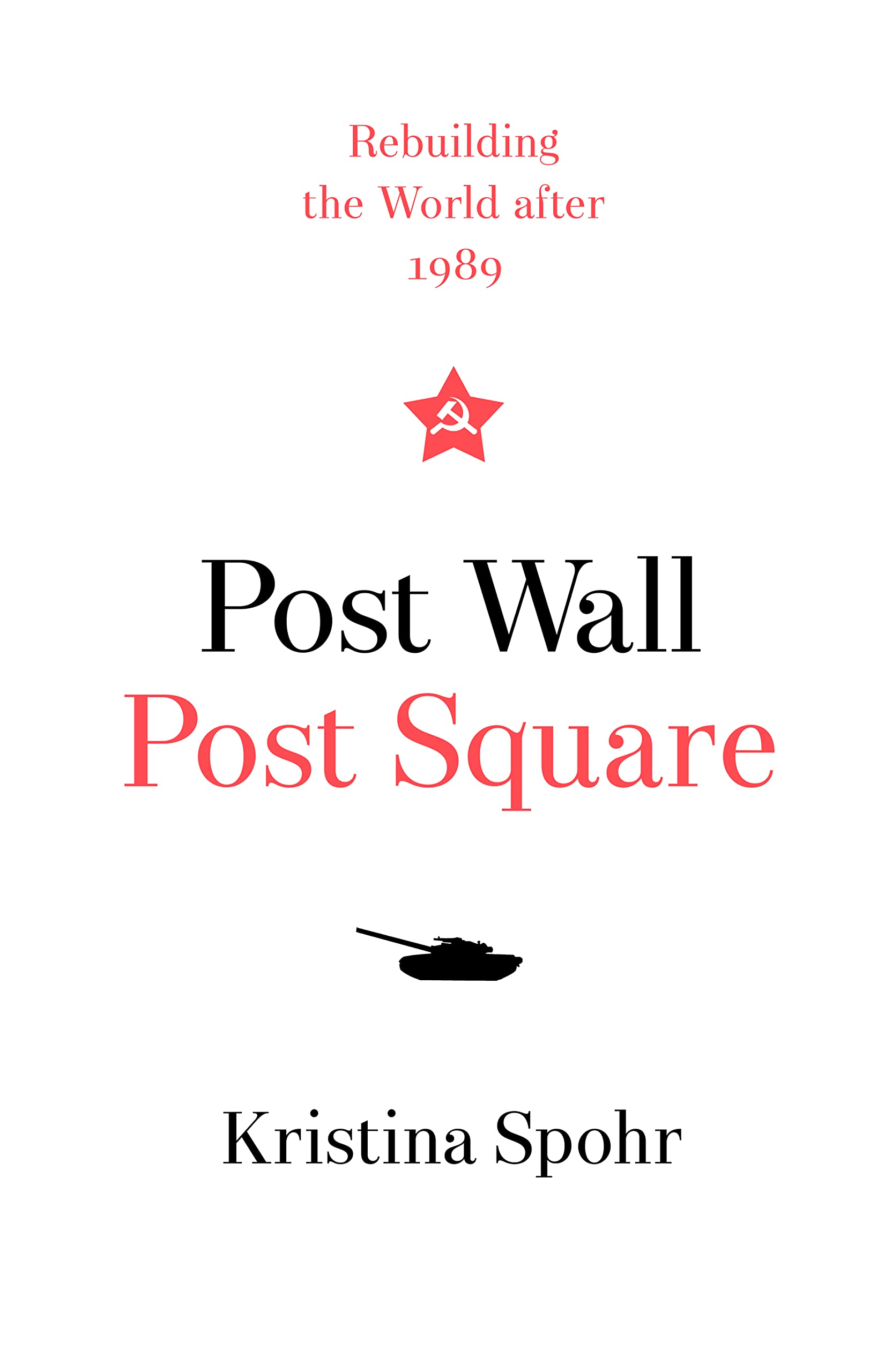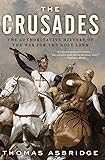All Categories



Post Wall, Post Square: Rebuilding the World after 1989 (English and German Edition)
Share Tweet
*Price and Stocks may change without prior notice
*Packaging of actual item may differ from photo shown
- Electrical items MAY be 110 volts.
- 7 Day Return Policy
- All products are genuine and original
- Cash On Delivery/Cash Upon Pickup Available








About Post Wall, Post Square: Rebuilding The World After
It is three decades since the fall of the Berlin Wall in 1989. Whilst much has been written on the events leading up to this moment, POST WALL, POST SQUARE explores what happened after the wall came down. Drawing on a wealth of newly declassified archival sources from both sides of the Iron Curtain, historian Kristina Spohr shows how a new European order, the collapse of the Soviet Union and the unification of Germany, was created without a major conflict – unlike the great transformations of 1815, 1918 and 1945. Instead, the Post Wall world was made in significant measure through interactive diplomacy among a small group of international leaders. From the remarkable but flawed Mikhail Gorbachev and US President George H.W. Bush, to British Prime Minister Margaret Thatcher and President Francois Mitterrand of France. Through intense argument and cooperative negotiation, these leaders adapted Western institutions of the Cold War, harnessing NATO and the European Community as frameworks to unite the whole continent. With deft analysis, Spohr insists that the reshaping of Europe must be understood in a global context. She connects events in Berlin and Moscow, contrasting them with the very different trajectory taken by Beijing and the brutal suppression of democracy in Tiananmen Square. Her global story weaves together these two timelines in revelatory ways, bringing out strongly the diminutive but commanding figure of Deng Xiaoping. Spohr masterfully reveals how the past shapes the present, how our contemporary world of Putin, Trump and Xi, of a fragmenting European Union, rogue states and the crisis of mass migration, have their roots in these pivotal years of 1989-1992.



















